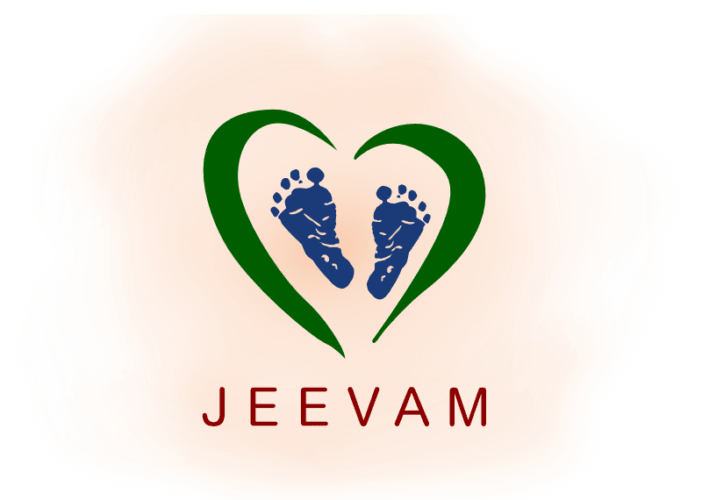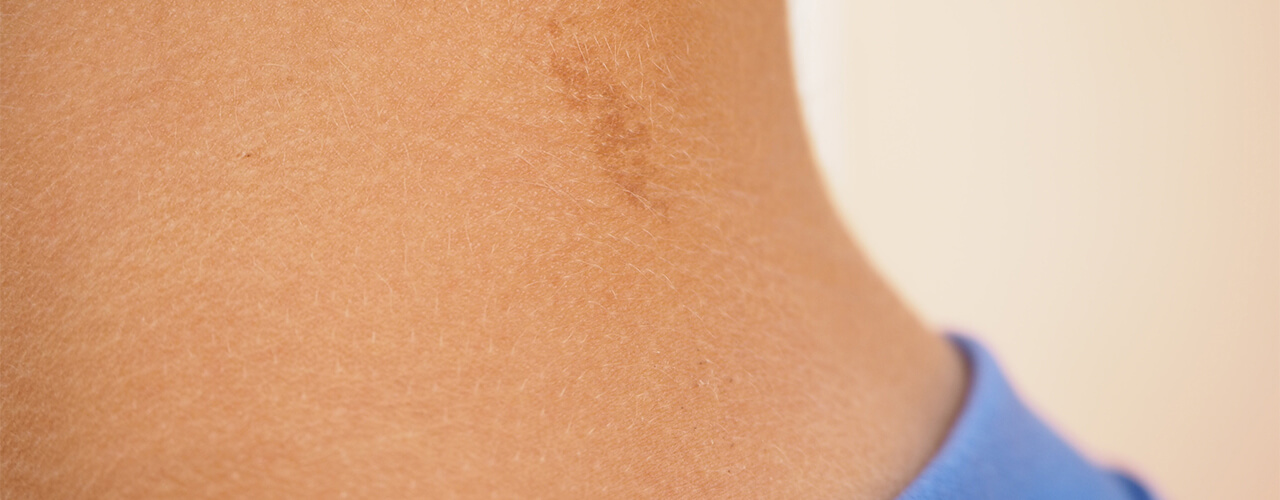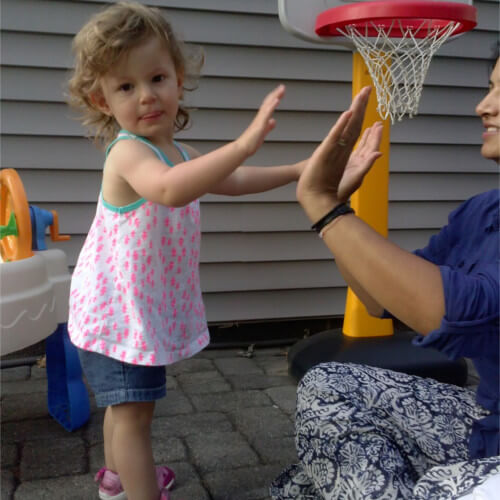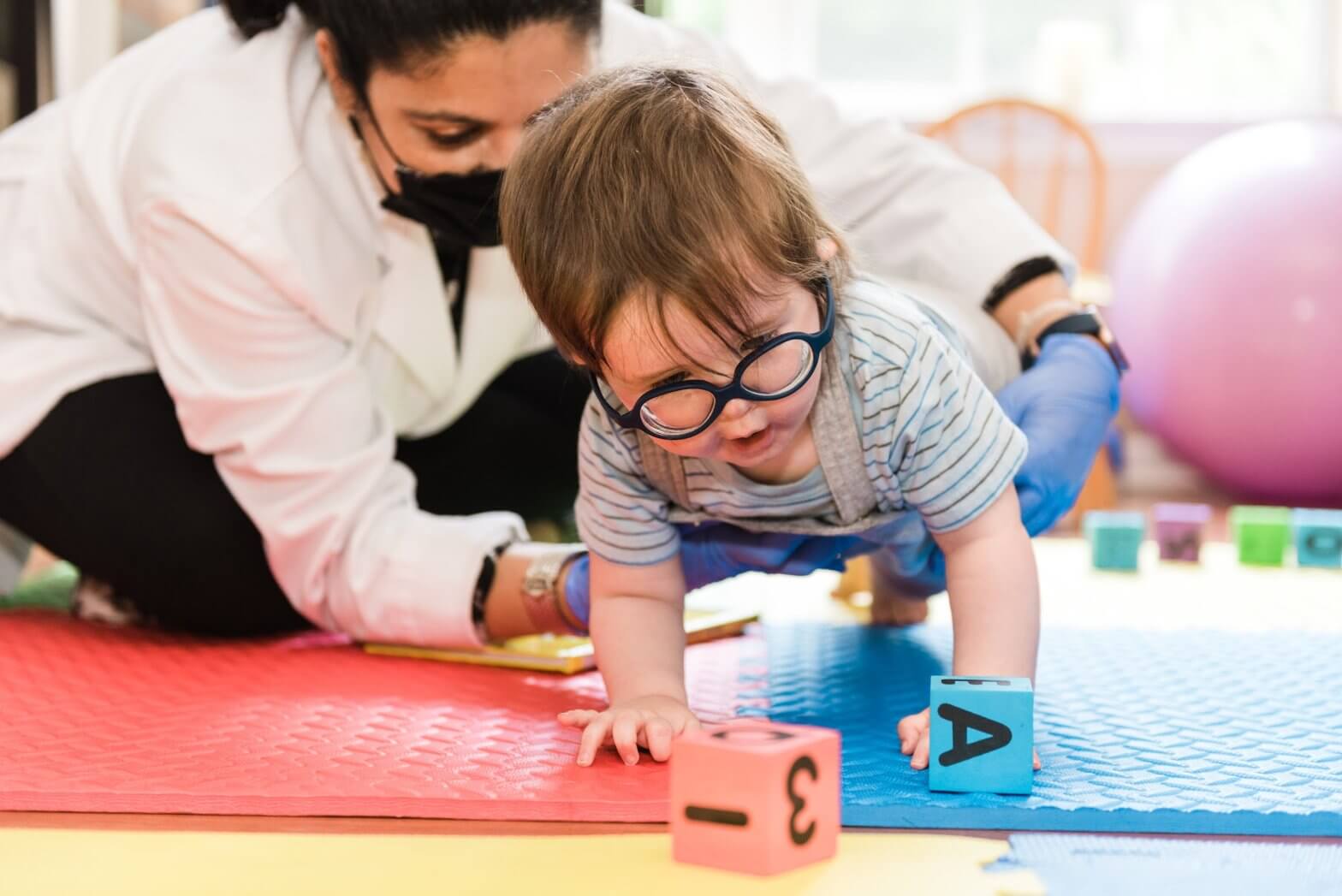Neurofibromatosis
Physical Therapy for Kids with Neurofibromatosis
If your child has been diagnosed with a condition called neurofibromatosis (or NF for short), you may feel confused or concerned about helping your child overcome the symptoms and effects of this genetic disorder. While you can’t reverse or eliminate neurofibromatosis, you can provide your child with helpful treatment in the form of physical therapy. Here at Jeevam Therapy, your Edison and Paramus, NJ physical therapist can evaluate your child’s condition and create a personalized physical therapy program to help combat NF’s symptoms.
What is Neurofibromatosis?
Neurofibromatosis is an inherited neurological problem in which tumors form on nerves, affecting their ability to convey information to various parts of the body. There are three primary kinds of neurofibromatosis. The variants known as NF1 and NF2 generally appear in childhood. a third variant, schwannomatosis, doesn’t generally develop until the affected individuals are at least 20 years of age.
Symptoms of Neurofibromatosis
While the tumors associated with neurofibromatosis are usually benign, the symptoms that they cause can vary widely in severity. Children with NF1 may develop changes in their appearance such as bowed legs, freckling under the arms or in the groin, or a head that seems disproportionately large compared to the body. They may also have optic nerve tumors, mild learning impairment, coordination or balance problems, or bumpy skin. Children with NF2 may experience hearing loss, headaches, balance problems, vision impairment, or weakness or numbness in the extremities. Adults who develop schwannomatosis may suffer from muscle wasting, limb weakness or numbness, and chronic pain.
How Physical Therapy Can Help Neurofibromatosis
Physical therapy can help children with neurofibromatosis enjoy a higher quality of life. Our physical therapists can perform detailed physical assessments to determine exactly how your child’s form of NF is affecting muscle strength, balance, and coordination. We can then develop an individualized physical therapy plan to address those specific problems.
Corrective exercises can play a major role in helping your child cope with NF1 and/or NF2. (One form of NF can sometimes transmute into the other.) We can prescribe exercises to improve range of motion, improve posture, or strengthen chronically weak or atrophied muscles. Exercise can also reduce fatigue by increasing a child’s stamina. Your child may also benefit from orthotics (corrective footwear) or assistive devices to make tasks of daily living easier and more comfortable.
Some children with NF1 also suffer from scoliosis, an abnormal lateral curvature of the spinal column that can cause everything from an unbalanced gait to chronic pain. Your physical therapist can address this issue as well by prescribing exercises to help reduce the progression of the curvature.
Jeevam Therapy Is Here for Your Child
Neurofibromatosis can throw some intimidating obstacles in your child’s way, but Jeevam Therapy is here to help your child overcome those obstacles. Contact us today to learn more and schedule an appointment at our Edison and Paramus, NJ office.



